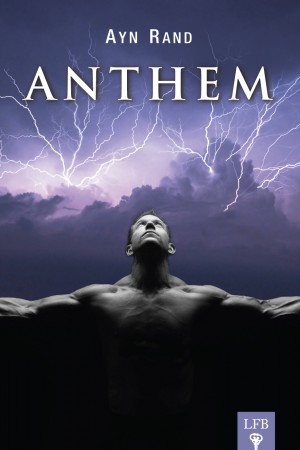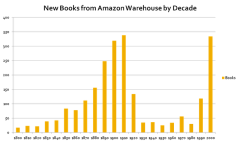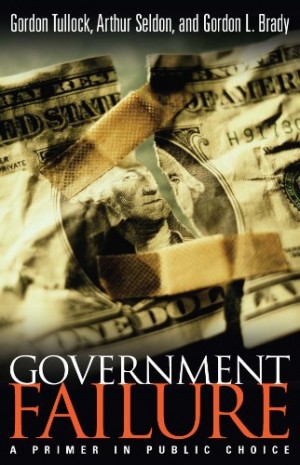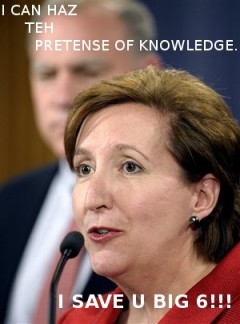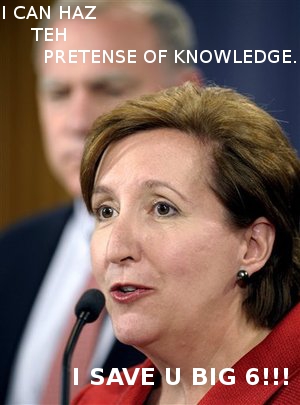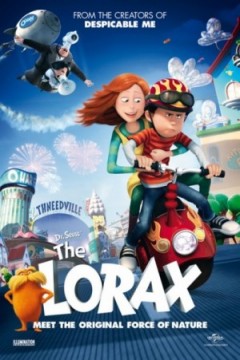I’m pleased to see Laissez Faire Books publishing a new edition of this book. I may be unusual in this, but Anthem happens to be my favorite of Rand’s four major works of fiction. It is pithy, pared down to essentials, and more poetic. This guest editorial was originally published as the editorial preface of the new edition. — GAP

“The author does not understand socialism,” read the letter from MacMillan in reply to the submission of Ayn Rand’s novella, Anthem. They turned it down. Actually, the publisher didn’t understand socialism. Hardly anyone did in 1937, when this book was written. Rand, however, did understand socialism. She understood it so well that she knew it would result in the opposite of what it promised and that its proponents would eventually come to embrace its grim reality, rather than repudiate the system of thought.
In many ways, this book is one of the best dystopian novels ever written because it puts the central focus on the key failing of socialism: its opposition to progress. How is that possible given that progress is a central slogan in socialist thinking? The problem is that by collectivizing private property, socialism removes the machinery of progress itself. It abolishes prices and profits and calculation and the incentive to create. It puts a premium on political control, and politicians resent the revolutionary implications of entrepreneurship. Therefore, a consistently socialist society would not only be poor and backward; it would revel in those features and call them the goal.
Think about it. This was the 1930s, long before the environmental movement and long before the primitivist streak in socialist thinking was to emerge as an outright agenda to be imposed by force. But as a child in the old Soviet Union, Rand had seen it in action. She had seen how entrepreneurship and creativity had to be sacrificed for the collective, and how this drove civilization straight into the ground. A totalitarian society would not be a world with amazing technology and flying cars, but would exist only at a subsistence level. And it would try to stay that way.
